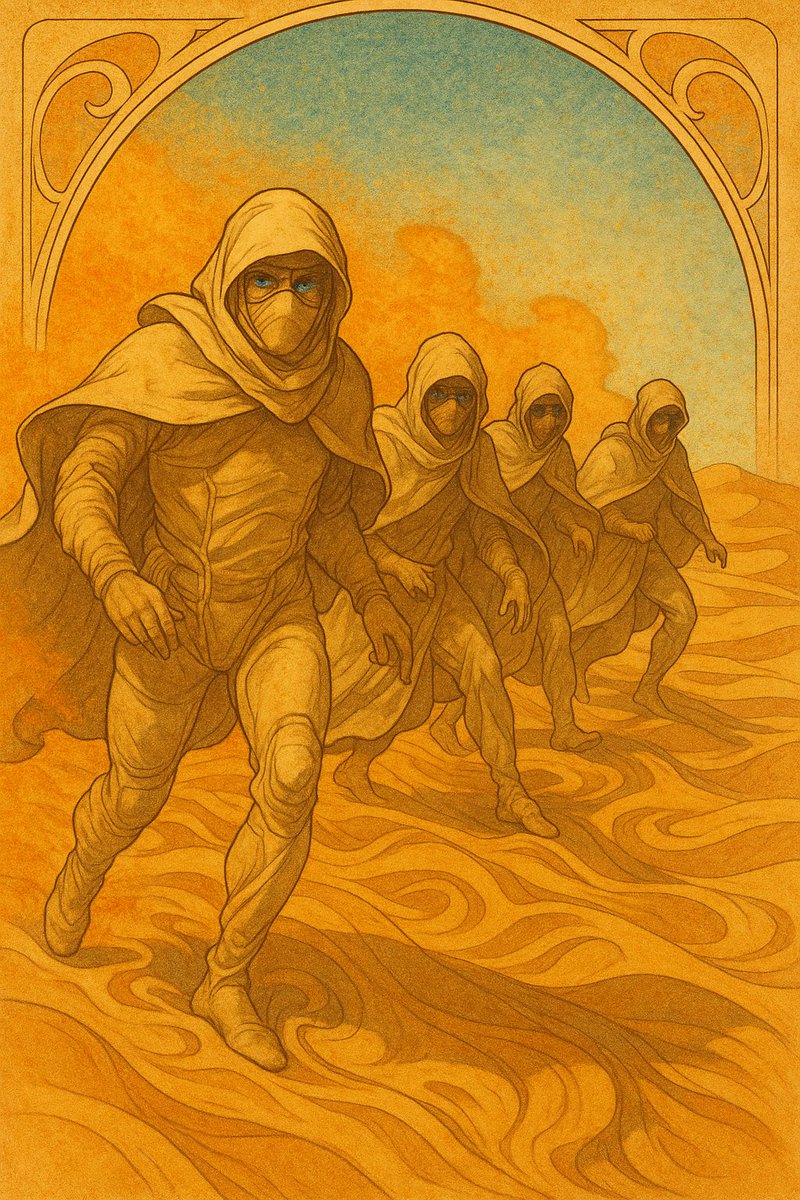
Gabriel Synnaeve
@syhw
Nerd & Dad http://syhw.bsky.social
Releasing mini, a radically simple SWE-agent: 100 lines of code, 0 special tools, and gets 65% on SWE-bench verified! Made for benchmarking, fine-tuning, RL, or just for use from your terminal. It’s open source, simple to hack, and compatible with any LM! Link in 🧵
Hiring! We're looking to fill contractor Research Engineer roles in New York City to work with us in FAIR on AI Research Agents. If that sounds fun, please fill out the expression of interest here: forms.gle/7m4fVqLXY5GwuL…
This is a very good example of how parallel research work on similar ideas can seemingly prove a hypothesis very quickly The thread has at least 10 examples, and growing, from all over the world with independent research scientists validating the same result There seems to be…
New Anthropic Research: “Inverse Scaling in Test-Time Compute” We found cases where longer reasoning leads to lower accuracy. Our findings suggest that naïve scaling of test-time compute may inadvertently reinforce problematic reasoning patterns. 🧵
Engineers spend 70% of their time understanding code, not writing it. That’s why we built Asimov at @reflection_ai. The best-in-class code research agent, built for teams and organizations.
For those who think we started foiling with sails with AC72s, Eric Tabarly was foiling on a nodded Tornado in 1976 youtu.be/BB8LKjZjAyk?si…
How should we rank generalist agents on a wide set of benchmarks and tasks? Honored to get the AAMAS best paper award for SCO, a scheme based on voting theory which minimizes the mistakes in predicting agent comparisons based on the evaluation data. arxiv.org/abs/2411.00119
late 1980s, @ylecun and @LeonBottou used amiga 1000 and a bespoke modem to implement and research artificial neural nets using SN-1. the legend was born.
AI Research Agents are becoming proficient at machine learning tasks, but how can we help them search the space of candidate solutions and codebases? Read our new paper looking at MLE-Bench: arxiv.org/pdf/2507.02554 #LLM #Agents #MLEBench
❓How to balance negative and positive rewards in off-policy RL❓ In Asymmetric REINFORCE for off-Policy RL, we show that giving less weight to negative rewards is enough to stabilize off-policy RL training for LLMs! 💪 (1/8) Paper: arxiv.org/abs/2506.20520
The Soup-Salad-Sandwich category theorists are missing Omelette (everything containing eggs) saladtheory.github.io
The code *is* the chain-of-thought for programming. So successive iterations over the code *are* the reasoning tokens for programming.
Neural concrete interpretation at scale is indistinguishable from neural abstract interpretation.
Hello World: My team at FAIR / @metaai (AI Research Agent) is looking to hire contractors across software engineering and ML. If you are interested and based in the UK, please fill in the following short EoI form: docs.google.com/forms/d/e/1FAI…
The longer reasoning LLM thinks - the more likely to be correct, right? Apparently not. Presenting our paper: “Don’t Overthink it. Preferring Shorter Thinking Chains for Improved LLM Reasoning”. Link: arxiv.org/abs/2505.17813 1/n
🚨 Your RL only improves 𝗽𝗮𝘀𝘀@𝟭, not 𝗽𝗮𝘀𝘀@𝗸? 🚨 That’s not a bug — it’s a 𝗳𝗲𝗮𝘁𝘂𝗿𝗲 𝗼𝗳 𝘁𝗵𝗲 𝗼𝗯𝗷𝗲𝗰𝘁𝗶𝘃𝗲 you’re optimizing. You get what you optimize for. If you want better pass@k, you need to optimize for pass@k at training time. 🧵 How?
Introducing our first set of Llama 4 models! We’ve been hard at work doing a complete re-design of the Llama series. I’m so excited to share it with the world today and mark another major milestone for the Llama herd as we release the *first* open source models in the Llama 4…
New #ICLR2024 paper! The KoLMogorov Test: can CodeLMs compress data by code generation? The optimal compression for a sequence is the shortest program that generates it. Empirically, LMs struggle even on simple sequences, but can be trained to outperform current methods! 🧵1/7

